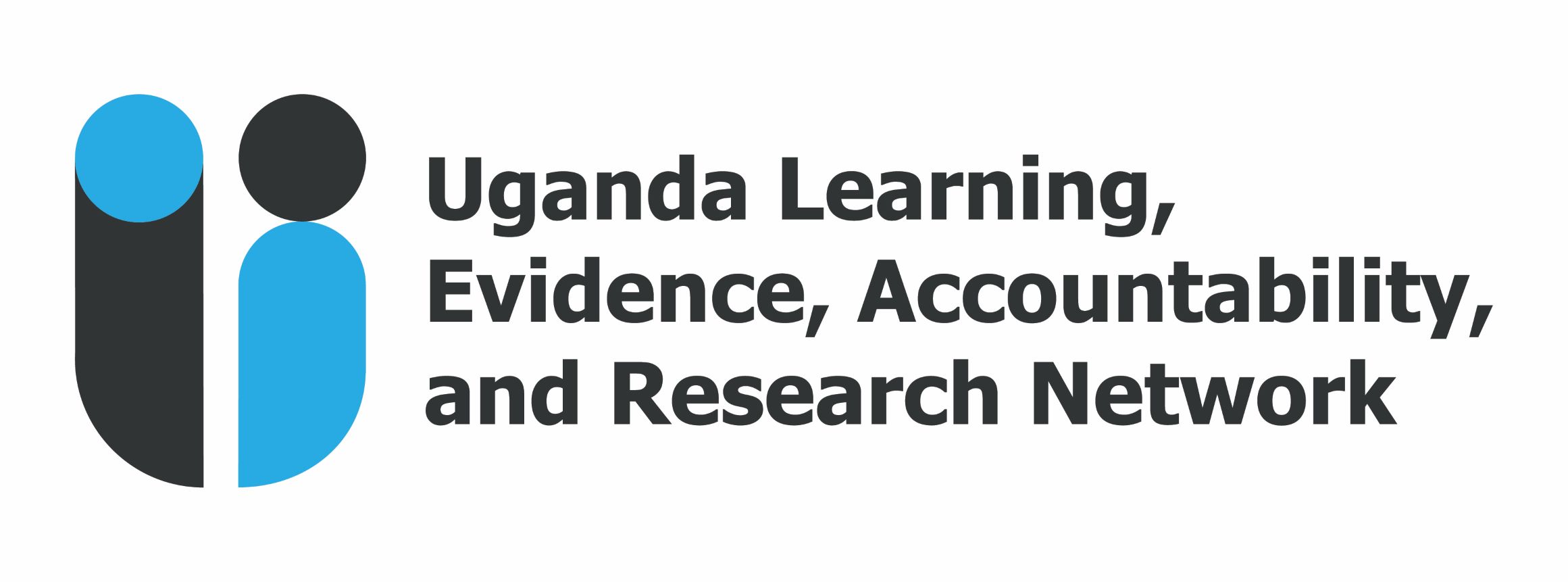03 Sep Financial Literacy Training Learning-discussion recording
WEBINAR RECORDING
Following a research and learning consultation of the Cash Working Group (CWG) members on the 24th March 2021, the CWG – in collaboration with the U-Learn Learning Hub – began working on a Financial Inclusion Learning Review series. The objective of this Learning Review series is to increase the uptake of evidence and good practices on Financial Inclusion in the Ugandan refugee response.
The first theme of the series is Financial Literacy Training (FLT). To prepare the for this Learning Discussion, over 30 existing FLT resources from the Uganda refugee response were collected and reviewed and discussions were held with 16 key actors. This was summarised in a FLT discussion paper, which also served as the basis for the event. The discussion paper can be downloaded from the U-Learn website: http://165.232.126.200/download/financial-literacy-training-in-the-uganda-refugee-response-a-discussion-paper/
The discussion aimed to dive into questions like ;
1. Do we have a common understanding of what financial inclusion and self-reliance are, and how FLT contributes to their achievement?
2. How do organisations ensure minimum standards for FLT? Would there be value in establishing these?
3. Which targeting approach has the potential to yield the most impact in terms of financial literacy? Are we leaving anyone behind?
4. Does it make sense to group participants by geography, by programmatic objectives/level, or pre-existing financial relationship? What are the pros and cons of each?
5. Can we envisage a future where one training curriculum dominates/is agreed upon? Is it the right way to go and is it possible? If not, can we agree on minimum standards, practices, and learning goals that must be met when implementing various curricula?
6. Is there a need for a differentiation between basic and advanced levels in FLT curricula?
7. How do we assure quality when a ToT approach is used? Would there be value in establishing a shared certification system and database for trainers?
8. Can existing trainers can be trained further to become advanced FLT trainers?
9. How often do actors coordinate and collaborate on FLT, and why? How can we improve coordination and avoid duplication?


